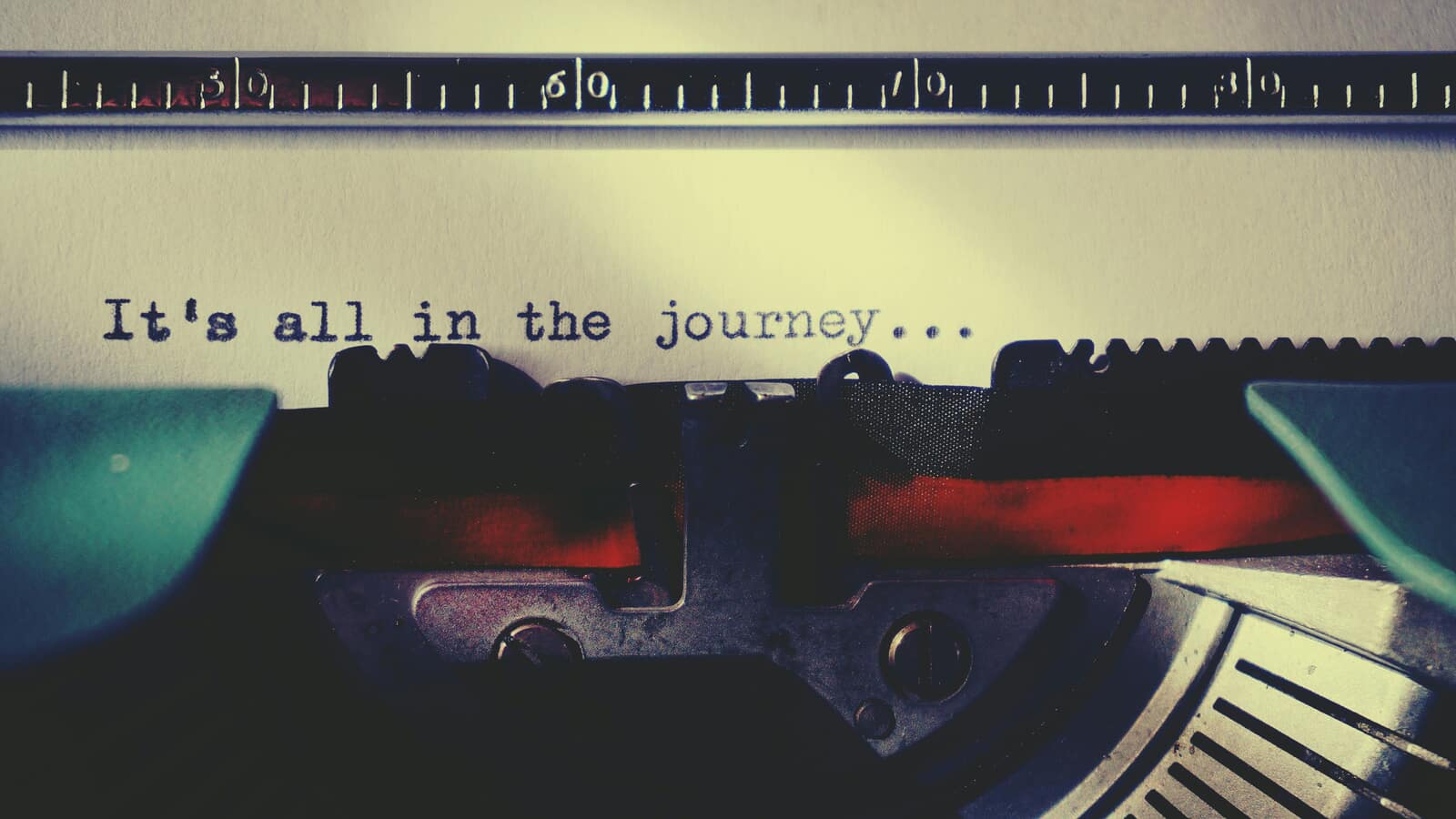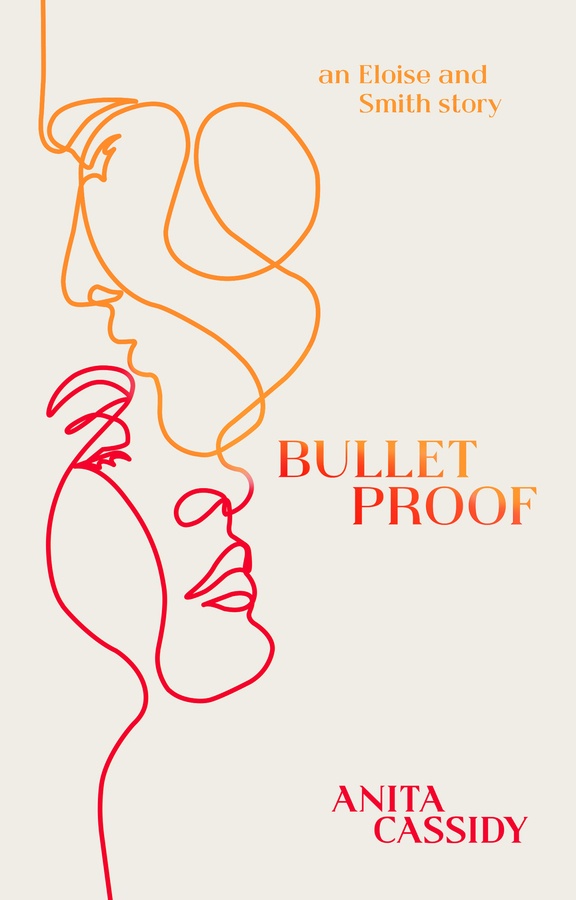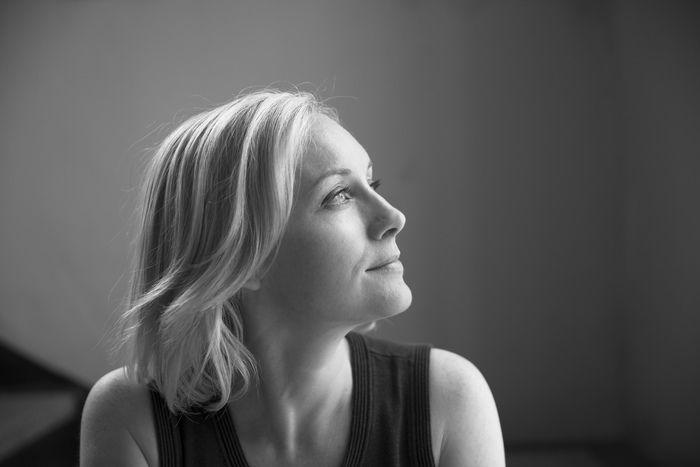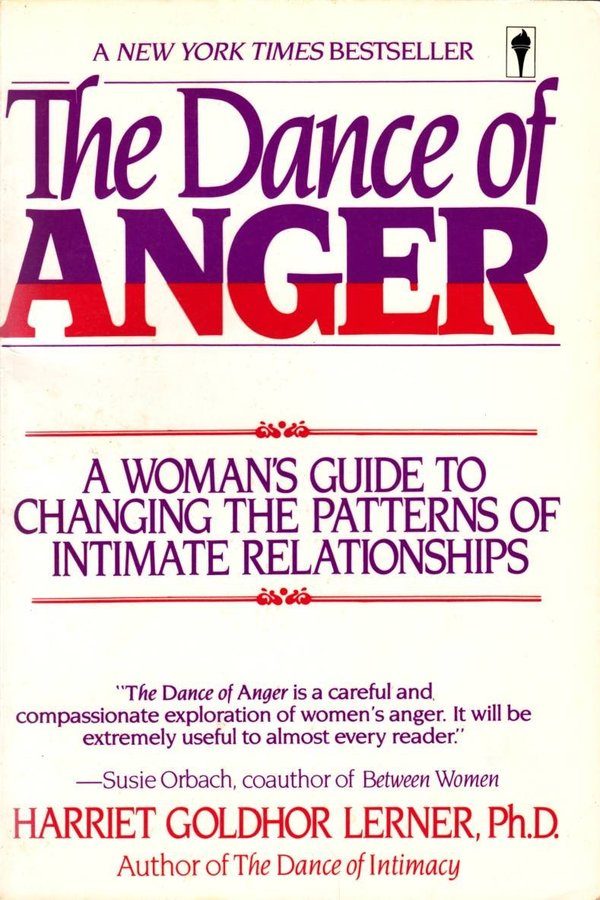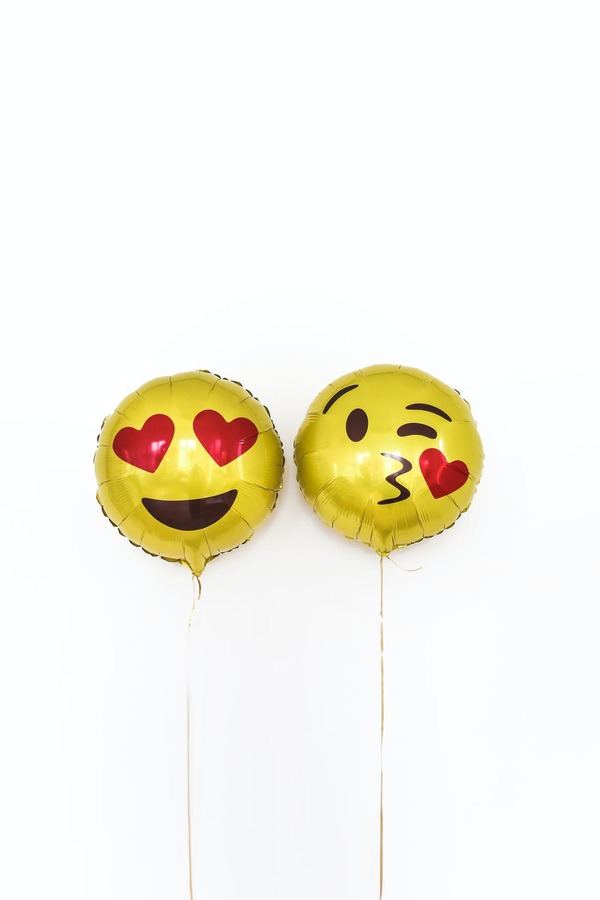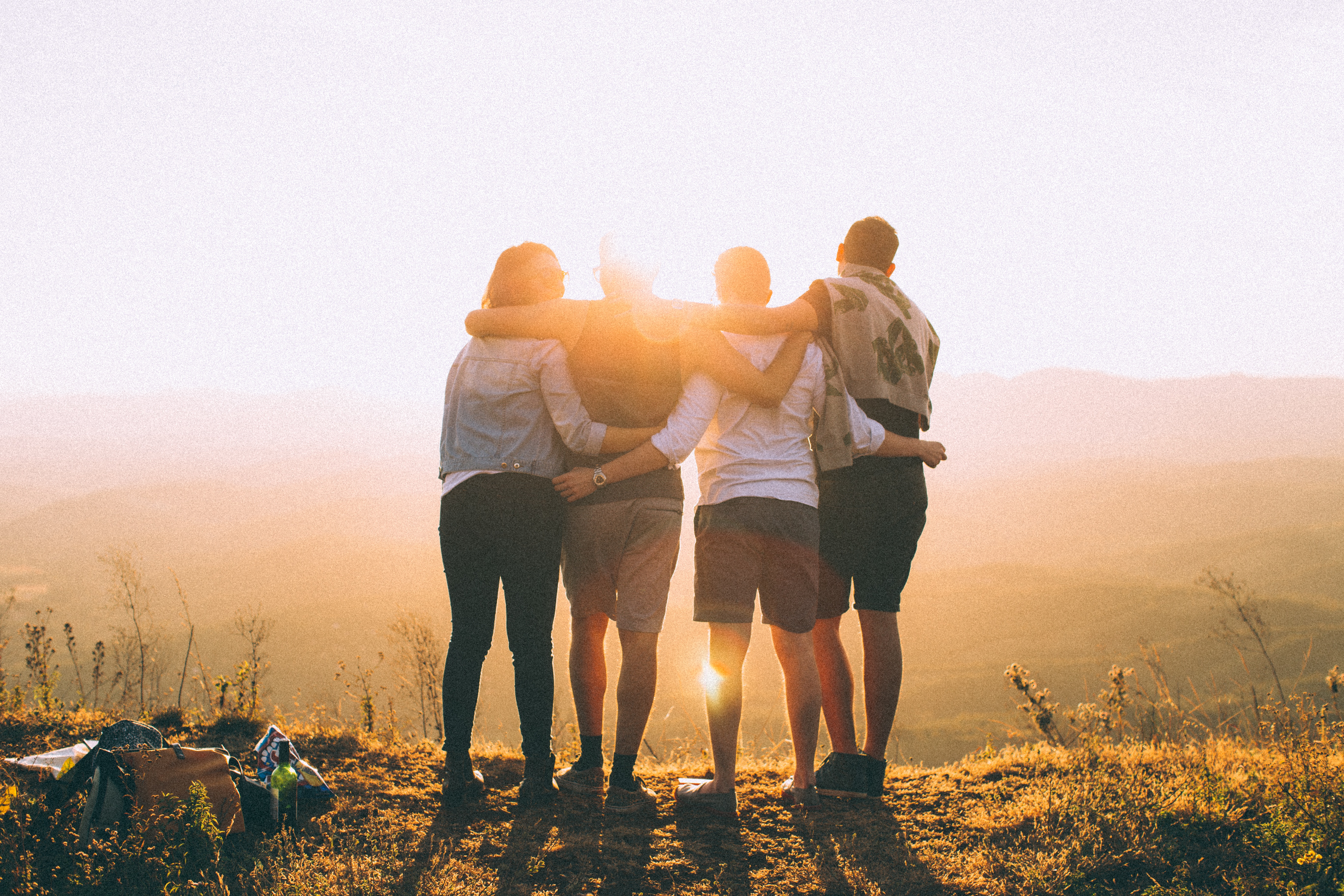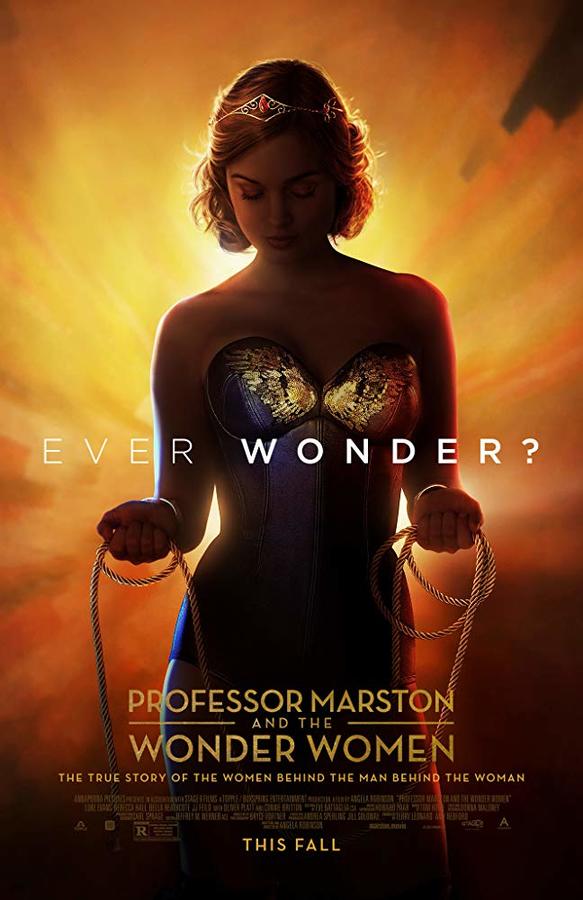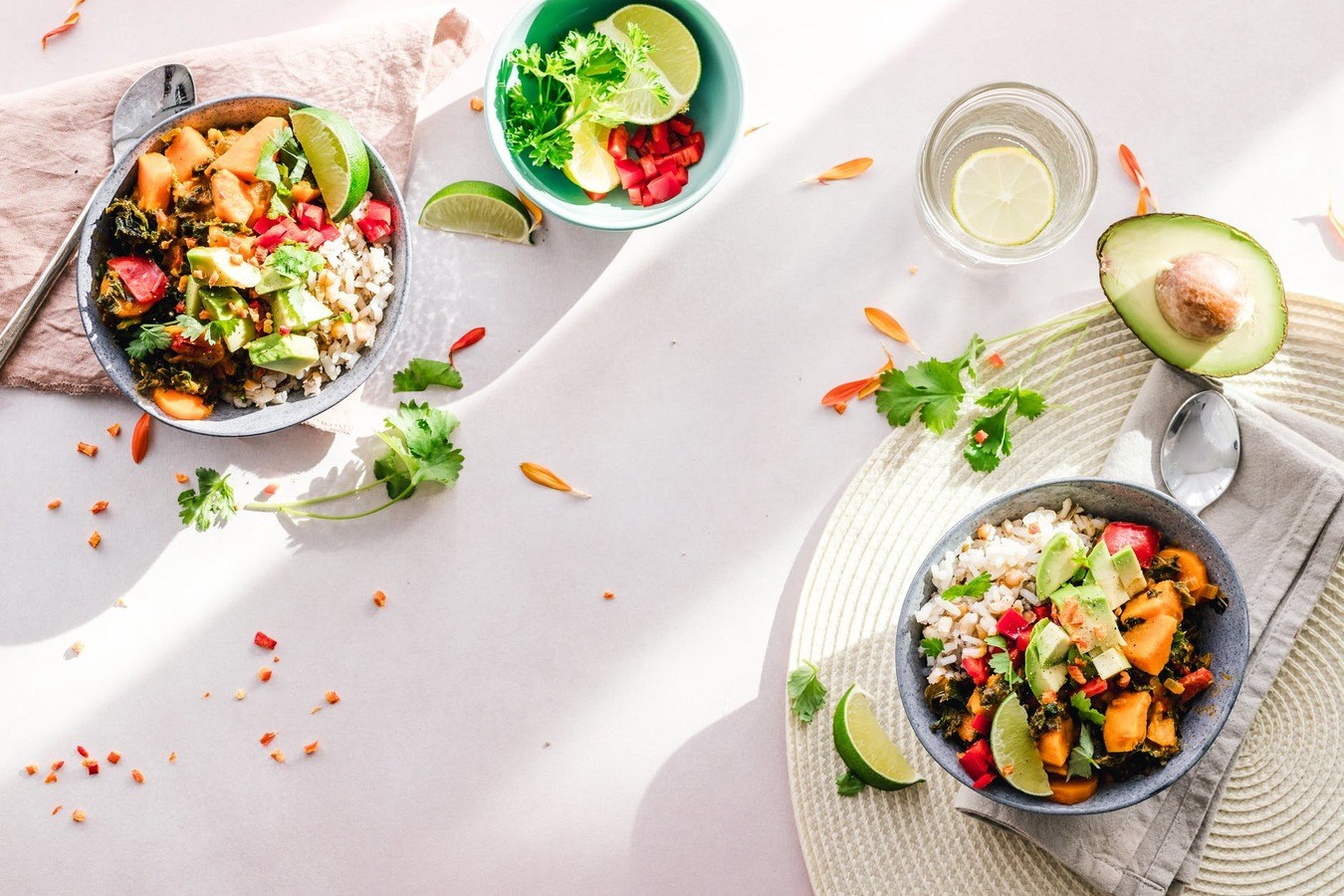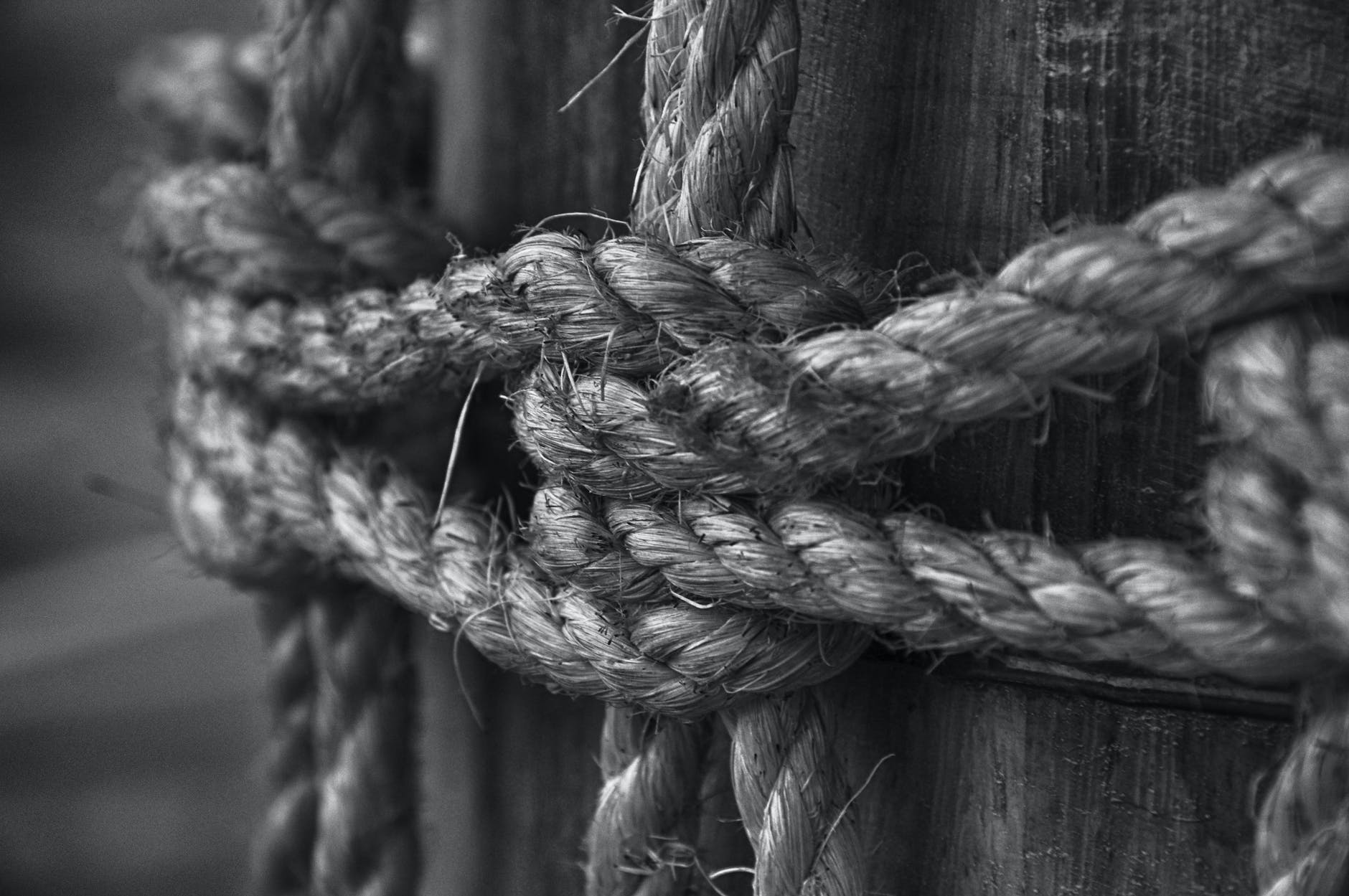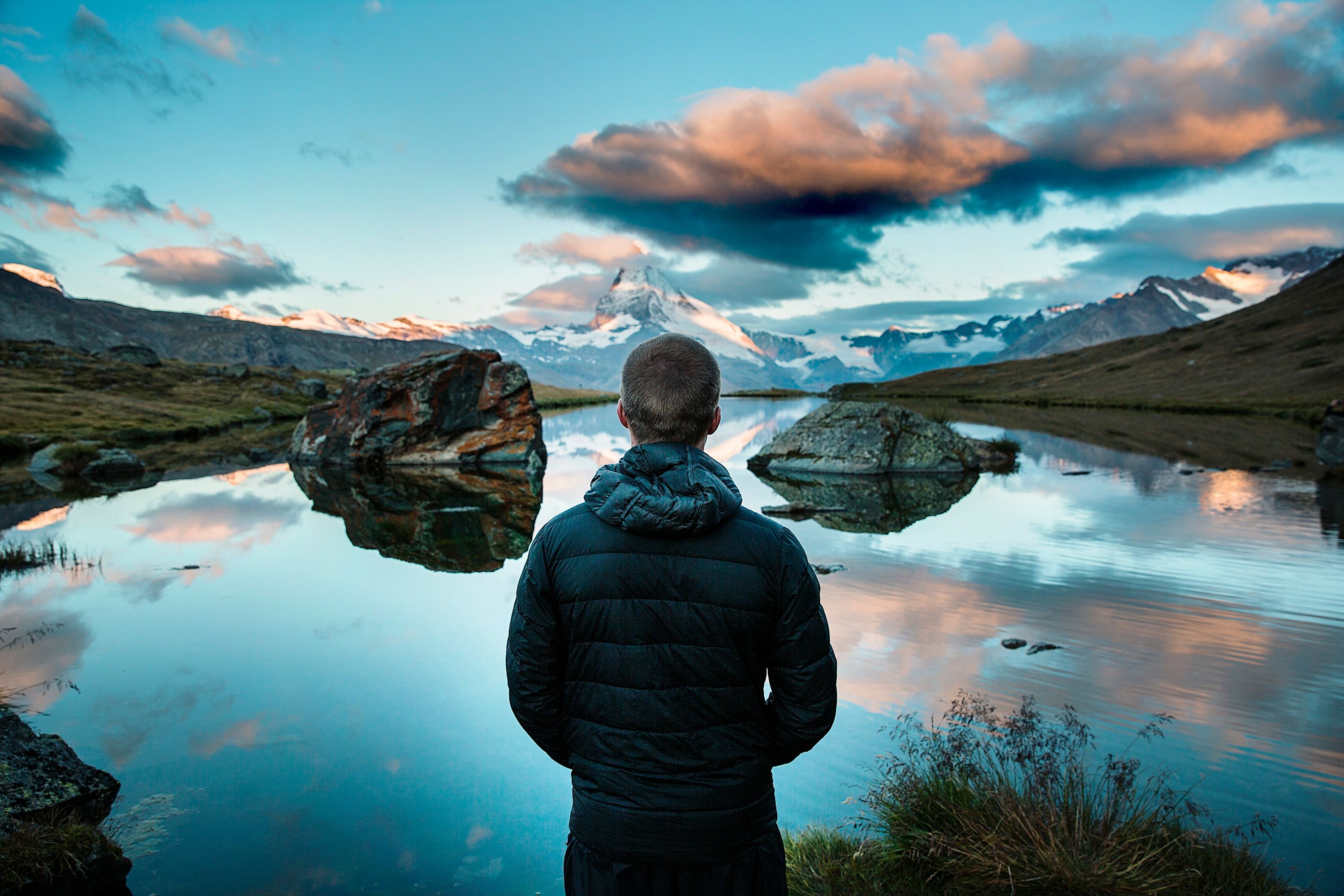It’s over. We reached peak polyamory in 2018-2019 and, as the months flow muddily along in this, extraordinarily difficult 2020, I think we can assume that non-monogamy is old news. Part of this shift has had to do with the way the media has chosen to cover the topic. But it also has to do with the enormous shifts that are going on in the ways in which people understand their living and loving. As soon as the corona-virus related lockdown restrictions came into place, one of the first things that became apparent is that not everyone leads a 2.4 married life. Relationships and families are complex and cannot be dealt with through a one size fits all approach. Indeed, the other thing that has become clear as we see the conversation about the corona-virus expands to include discussions of systemic racism, ageism, sexism and ableism, is that none of us can.
Too much mainstream media coverage of polyamory and non-monogamy focuses on the click-bait appeal photos of young people using GoogleCal to organise multiple dates. Or, on scare stories of marriages ending because a couple went to a sex party. This is old news and it was always fake news to varying degrees. Non-monogamy appeals, and has value, to people across all ages and for multiple reasons. The huge benefits of relating more consciously as we age, of investing time and energy in all our connections not just one romantic one, was the highlight of last year’s Non-Monogamies and Contemporary Intimacies conference in Spain.
So much mainstream coverage of non-monogamy is reductive, boring and sex obsessed. Why not talk about playfulness, creativity, our shared fears well as the community aspects instead?
I think we’re reaching a point where we no longer need to agonise over this stuff day in day out. We all have more important things to do, to be. I hope we’re slowly learning to let go of the need to cling and, instead, are learning to be and relate in ways that embrace the fluidity of life.
The socially and culturally manufactured, and amplified, anxiety about relationship status has little or no appeal to a generation growing up under a sky rent with fumes, lit up with non-seasonal storms and wildfires and, now, potentially full of a new air-borne disease. It’s not that they don’t love or care, it’s just that they get it. They understand the limitations of the narratives being pushed by the mainstream media, they get the limitations of all connections, they get that things change, that we all evolve and so do our connections. There’s a whole cross-generational group of self-aware and growth-oriented people who’re willing and able to step away from thinking too much about relationships and instead just be who they are and feel how they feel.
There is less of the terror of feeling uncomfortable that seems to plague many of those who, for complex reasons, see comfort as meaning safety. There is increasing awareness of the need to explore and experience the full range of our feelings. That awareness is being reinforced with learnt skills and understanding about communication, consent and kindness.
I see this in the mid forty something who doesn’t need to cohabit or remarry or to even be in a relationship at all. I see this in the people who say no to having a family or who live together but have separate rooms. I see this in the people who openly discuss the fluidity of their sexual preferences and needs as well as those who embrace who and where they are without needing it to change or be labelled. I see it all around and it is heartening.
This is what Alethya is for. The concept of developing extraordinary conscious relationships is about acknowledging the way we feel about, and interact with, all of our different connections. It’s about connecting, living and loving based on chosen values. There are no catchy headlines here. No click-bait friendly one-liners. Just the growth, joy and challenges that living and loving with honesty, authenticity, respect and kindness brings, whatever comes our way.









